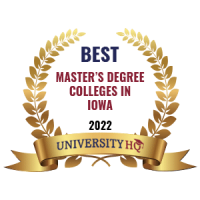The graduate studies programs in leadership are designed for working professionals and provide a deep foundation of problem-based learning about leadership from many different perspectives. The programs are entirely online. Participants can expect to finish the graduate leadership certificate in one year. The M.A. in Leadership can be completed in two years.

